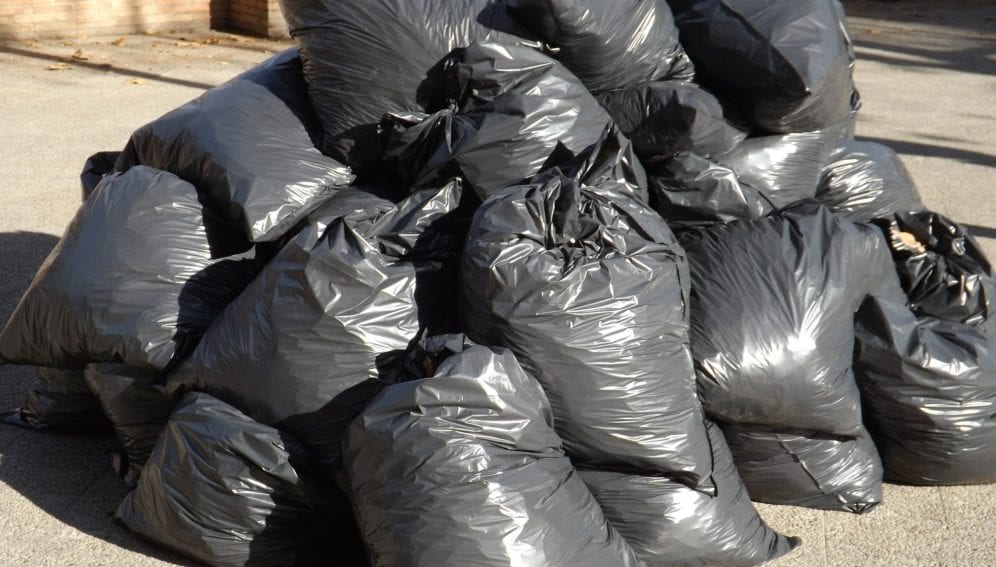30/10/20
Male waste handlers ‘at higher risk than women’

By: Scovian Lillian
Send to a friend
The details you provide on this page will not be used to send unsolicited email, and will not be sold to a 3rd party. See privacy policy.
[NAIROBI] Female workers involved in waste handling are 60 per cent less likely to have their hands contaminated with germs compared with their male counterparts, a study conducted in Ghana shows.
In Africa’s slum communities, indiscriminate solid waste disposal and open defecation practices are rampant, with workers having little or no personal protective equipment, the study says.
According to the study published in PLOS ONE this month (2 October), waste handlers working in Ghana’s peri-urban community areas including public toilet facilities are more likely to be exposed to faecal pollution, but the extent of exposure has not received adequate research attention.
Researchers used a questionnaire survey to collect hygiene information from 280 waste handlers at Prampram, a peri-urban community in the Greater Accra region of Ghana. Researchers also analysed hand-rinsed samples from the waste handlers.
“Male workers and those above 35 years are the most vulnerable group to experience the faecal pollution of the hands.”
James-Paul Kretchy, Central University, Ghana
“We sought to assess the level of faecal pollution of hands [as shown by identifying the germ Escherichia coli] and associated risk factors among solid waste handlers … and make recommendations on how health risks can be prevented and controlled,” says James-Paul Kretchy, lead author of the study and a senior lecturer at the School of Medicine and Health Sciences, Central University, Ghana.
“The findings indicate that workers are experiencing significantly higher concentration[s] of faecal pollution after completing a day's waste handling activities … and about one-fifth do not use personal protective equipment during work,” explains Kretchy. “Male workers and those above 35 years old are the most vulnerable group to experience the faecal pollution of the hands.”
Kretchy explains that female waste handlers might have adopted better protective behaviour at work by using PPE and adopting personal hygiene practices.
Kretchy says that policymakers, waste management authorities and private sector companies need to understand that sustainable management of the environment, improved sanitation systems and improved solid waste management practices offer significant opportunities to reduce sanitation and hygiene-related diseases.
“Policymakers should also strive to formulate and implement policies that empower waste handlers to bargain with their employers about their health and safety requirements,” adds Kretchy.
“Waste handlers need to be provided and supervised on the use of personal protective equipment, given access to hygiene facilities like water and soap for hand washing as well as periodic medical examination and screening for microbial contamination and treatment.”
Vincent Ouma, head of programmes at Kenya Water and Sanitation Civil Society Network, agrees that the findings paint a clear picture of what is happening in most countries in Sub-Saharan Africa.
“Safely managed sanitation ought to include decent working conditions for the workers on the frontline to meet our needs but despite providing essential public service, a large number of sanitation workers around the world work in conditions that are hazardous and stigmatising – violating both their dignity and basic human rights,” Ouma tells SciDev.Net.Ouma says that public health officials should target male and older waste handlers particularly those working at public toilet facilities to help prevent hazards.
“Residents in the local communities must also be aware of the dangers of open defecation and avoid the practice,” he adds.
This piece was produced by SciDev.Net’s Sub-Saharan Africa English desk.
References
James-Paul Krethy and others Risk of faecal pollution among waste handlers in a resource-deprived coastal peri-urban settlement in Southern Ghana (PLOS ONE, 2 October 2020)

